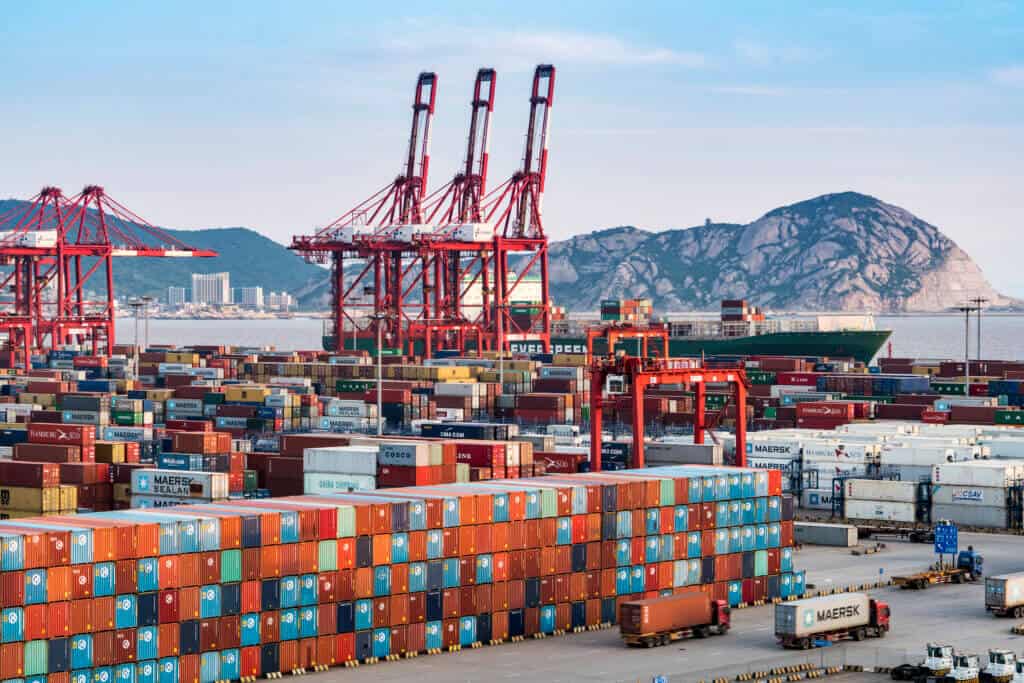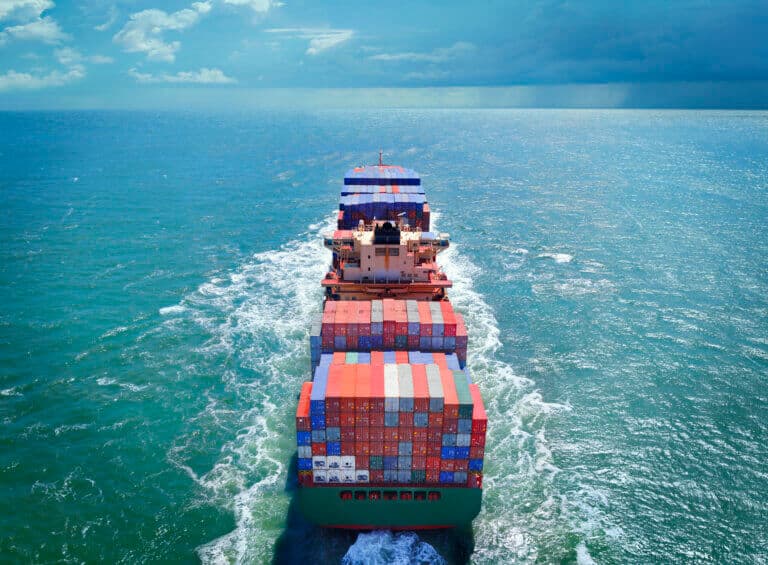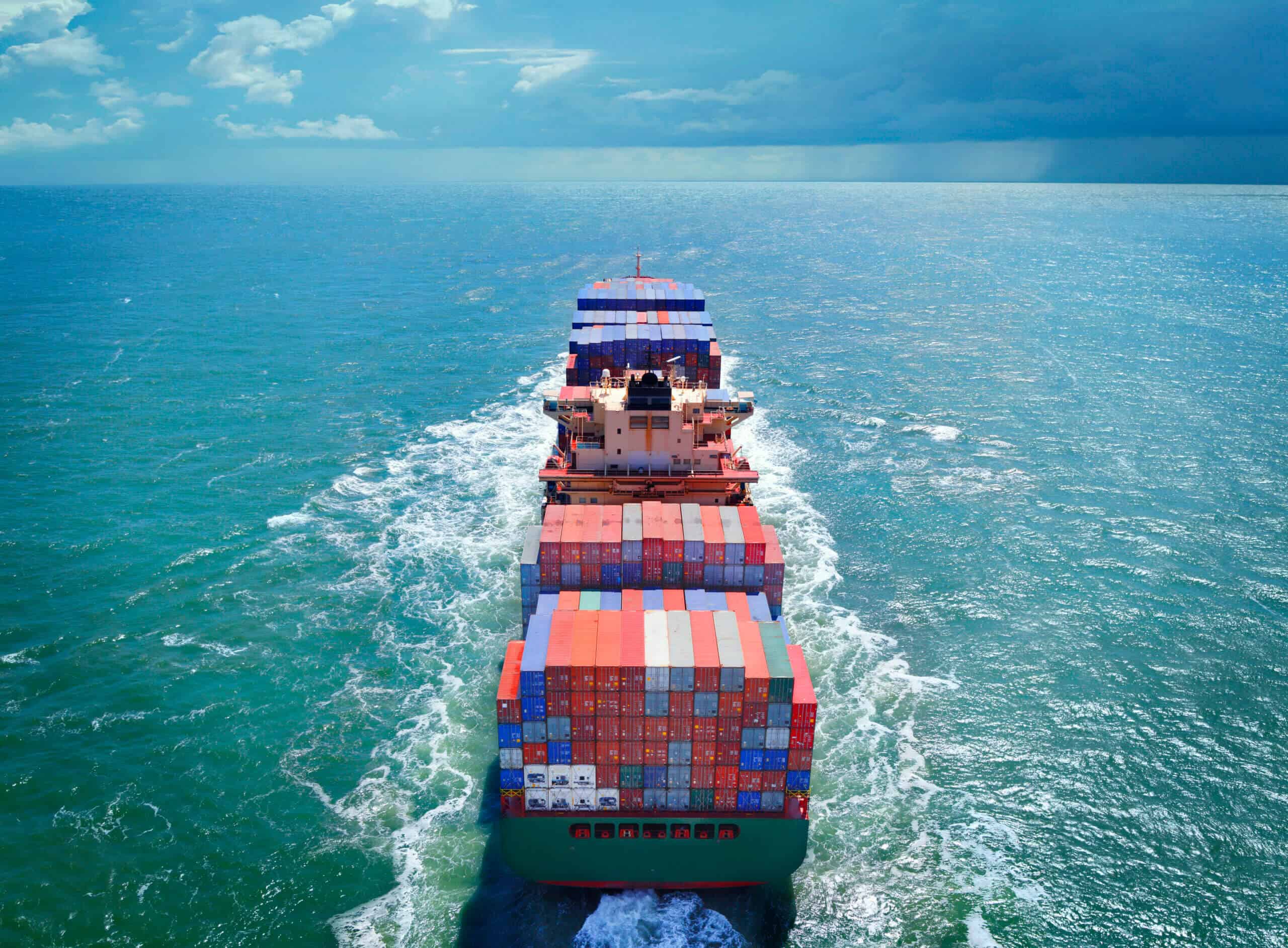
Free trade agreements, foreign trade policies, sanctions and restrictions are making headlines more than ever in the past few decades. The significant renegotiation of the North American Free Trade Agreement (NAFTA) led to the US-Mexico-Canada (USMCA) agreement. Meanwhile, the United Kingdom (UK) has struck numerous bilateral preferential trade agreements with major economies that will be mutually-beneficial and are set to take effect after the completion of Brexit at the end of 2020.
These and other trade policy shifts are disruptive to global supply chains and to businesses and consumers depending on a steady flow of goods. Regulatory modifications require companies to be keyed-in to new or altered trade sanctions, export license requirements, customs documentation, tax and duty codes and stacks of legal mumbo-jumbo.
The UK has initiated 40 trade agreements, with over half already detailed on paper. Britain’s governmental trade negotiators wasted no time getting started, especially since trade is one of the supposed benefits of the split from the EU. According to a Bloomberg news article in July 2020, “The opportunity to secure free-trade agreements with non-EU countries was a key argument made in favor of Brexit, and the U.K. is in negotiations with countries including Australia, New Zealand, Canada, Japan and the U.S.”
To realize benefits from Brexit, however, companies doing any business transactions in the UK need to adhere to the various regulations, reporting and record-keeping requirements of all these new agreements. But even if duty savings aren’t on the table, anyone importing or exporting goods in the UK has the responsibility to comply with all of the new trade regulations. To do this properly, companies need to understand and apply massive amounts of legal information to their transactions. The trade content used for cross-border transactions includes harmonized tariff schedules, tax, duty and tariff rates, license requirements and any controls that might apply to the shipment. To efficiently import or export goods, shippers need fast access to data for all the countries where they trade. Relying on internally sourced trade content is difficult, especially in a turbulent trade environment.
Many companies lack the personnel and expertise to monitor trade compliance and manage supply chains. e2open’s Global Knowledge® application provides the industry’s most comprehensive database of trade content—and this includes government regulations and international business rules. This content powers the e2open Global Trade application suite by fully supporting import, export, duty management and logistics processes with the most current data available anywhere.
Global Knowledge is the digital embodiment of the legalese that makes up the trade regulations, similar to a digital twin. It allows data to feed into e2open’s applications for planning, sourcing, supplier management, trade compliance and logistics. Most other competing solutions don’t provide this kind of digital content, and, as a result, most other solutions lead to manual processes for each export and import transaction. With Global Knowledge, companies can realize productivity gains from eliminating these time-consuming tasks.
A few months ago, we committed to helping companies be “Brexit-ready in 24 hours.” As part of that commitment, our trade content team has been diligently building out the regulatory guidance for 21 UK trade agreements. We will continue to monitor the progress of the remaining agreements as the details come to fruition.
Whether your company needs to be Brexit-ready or ready to comply across a diverse global supply base, e2open has you covered.





